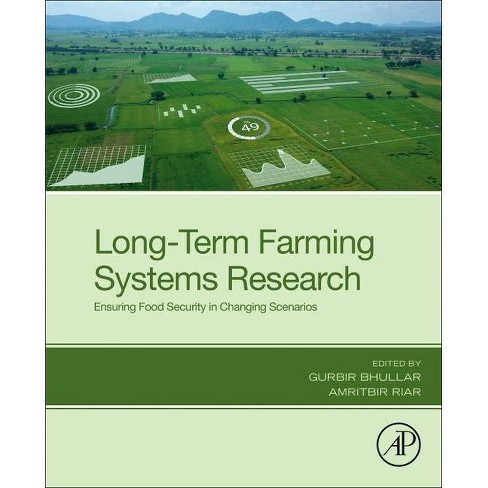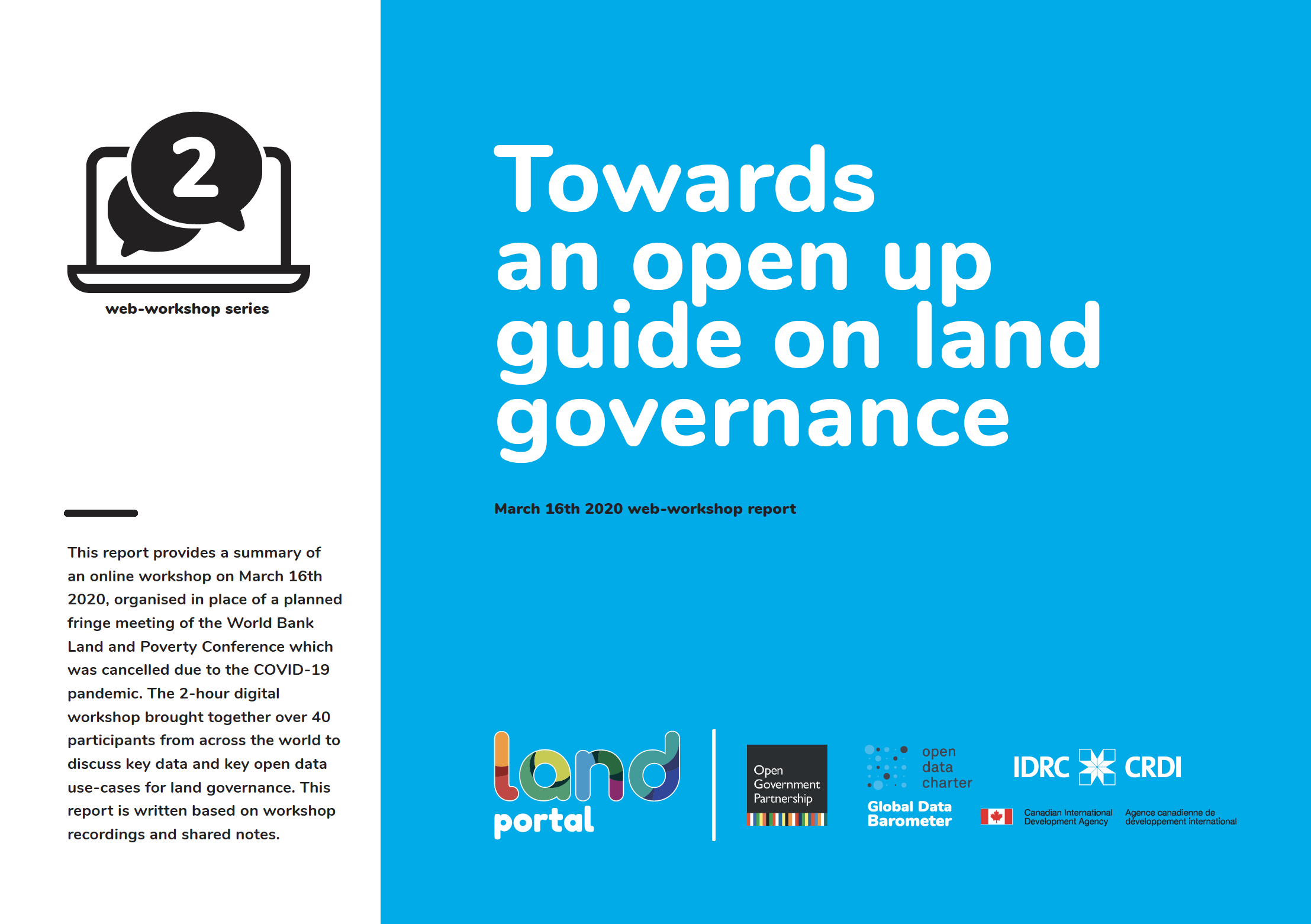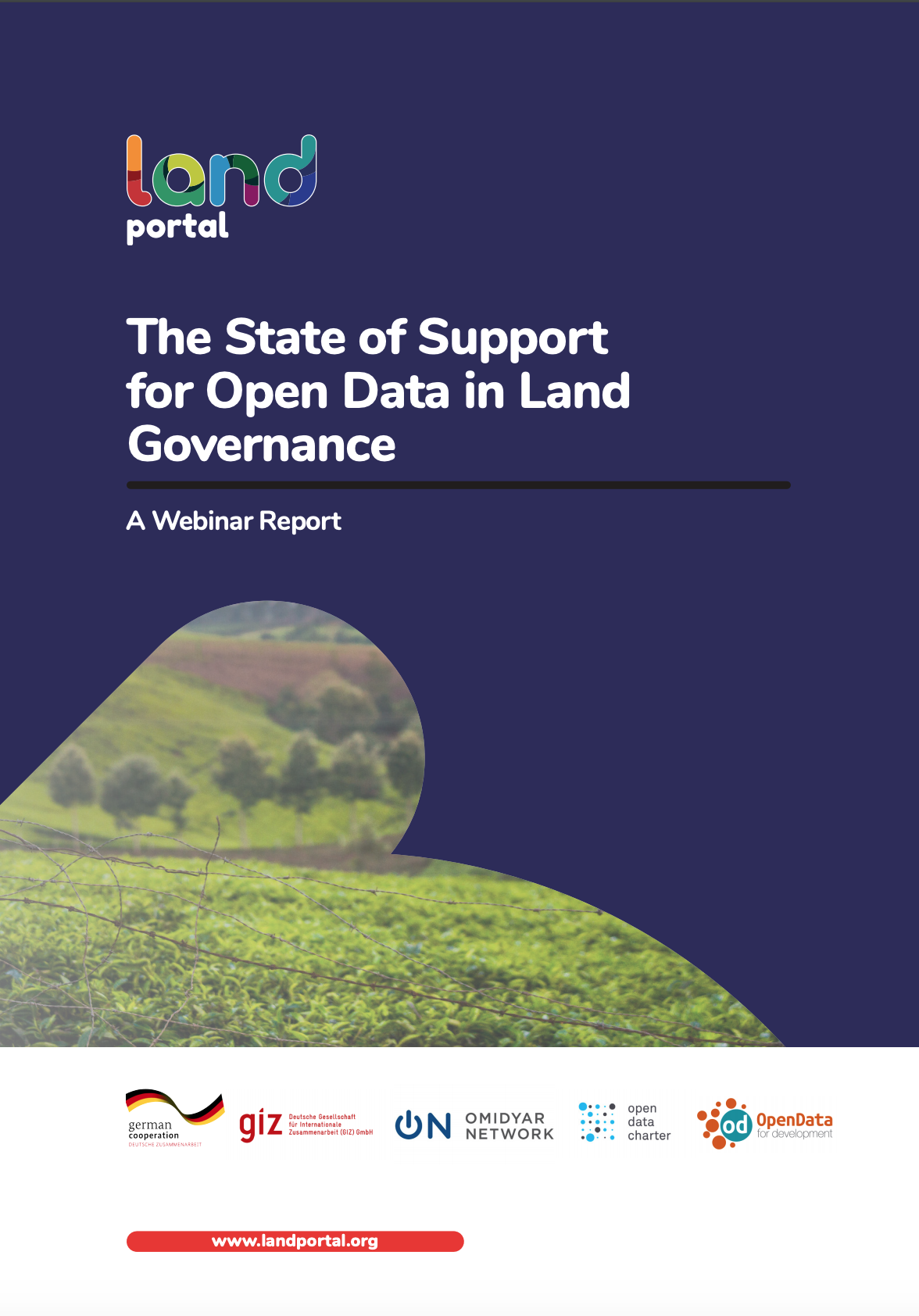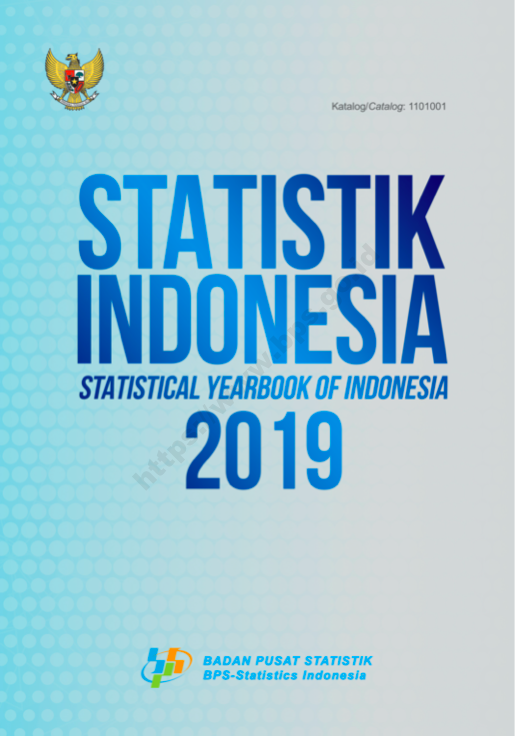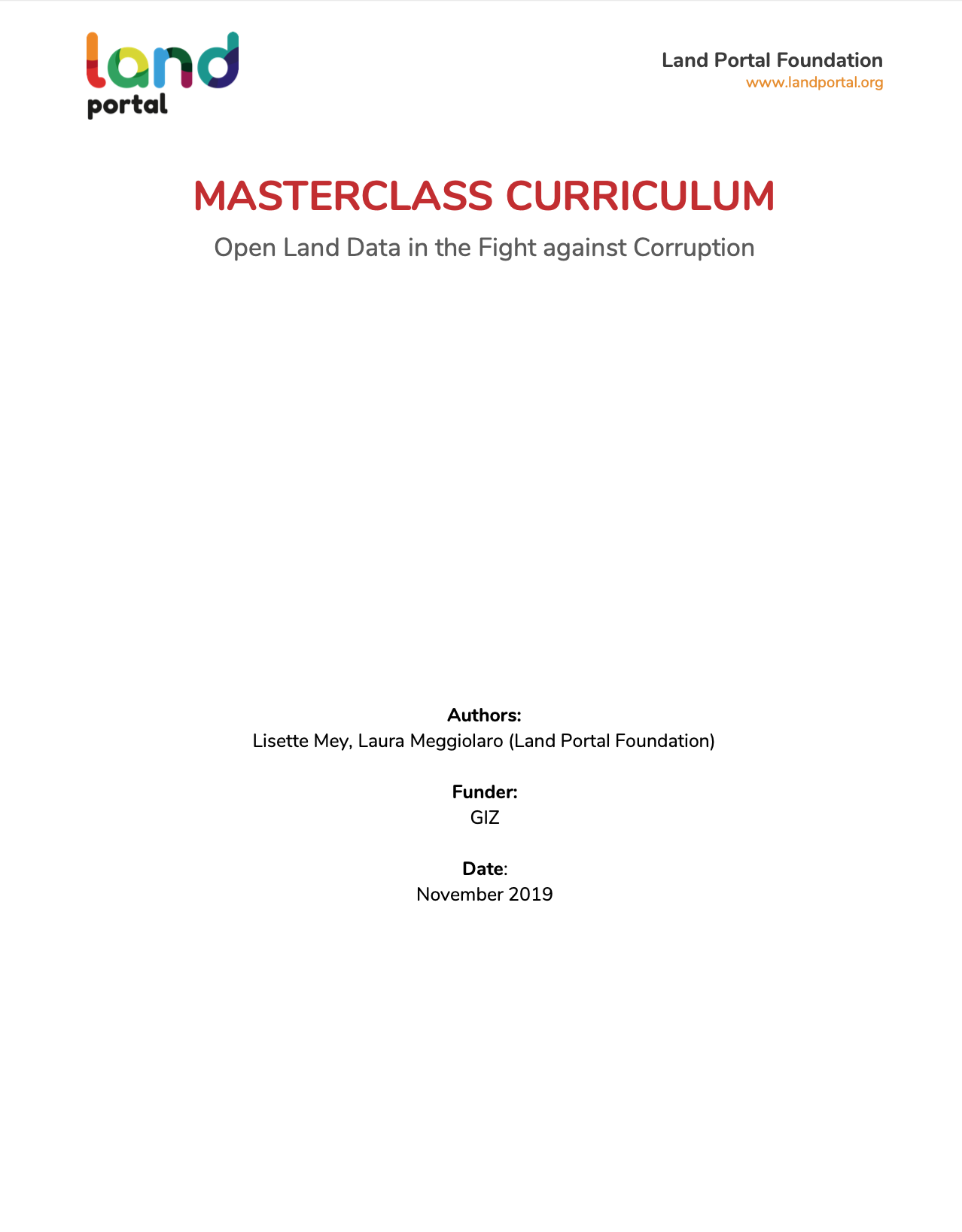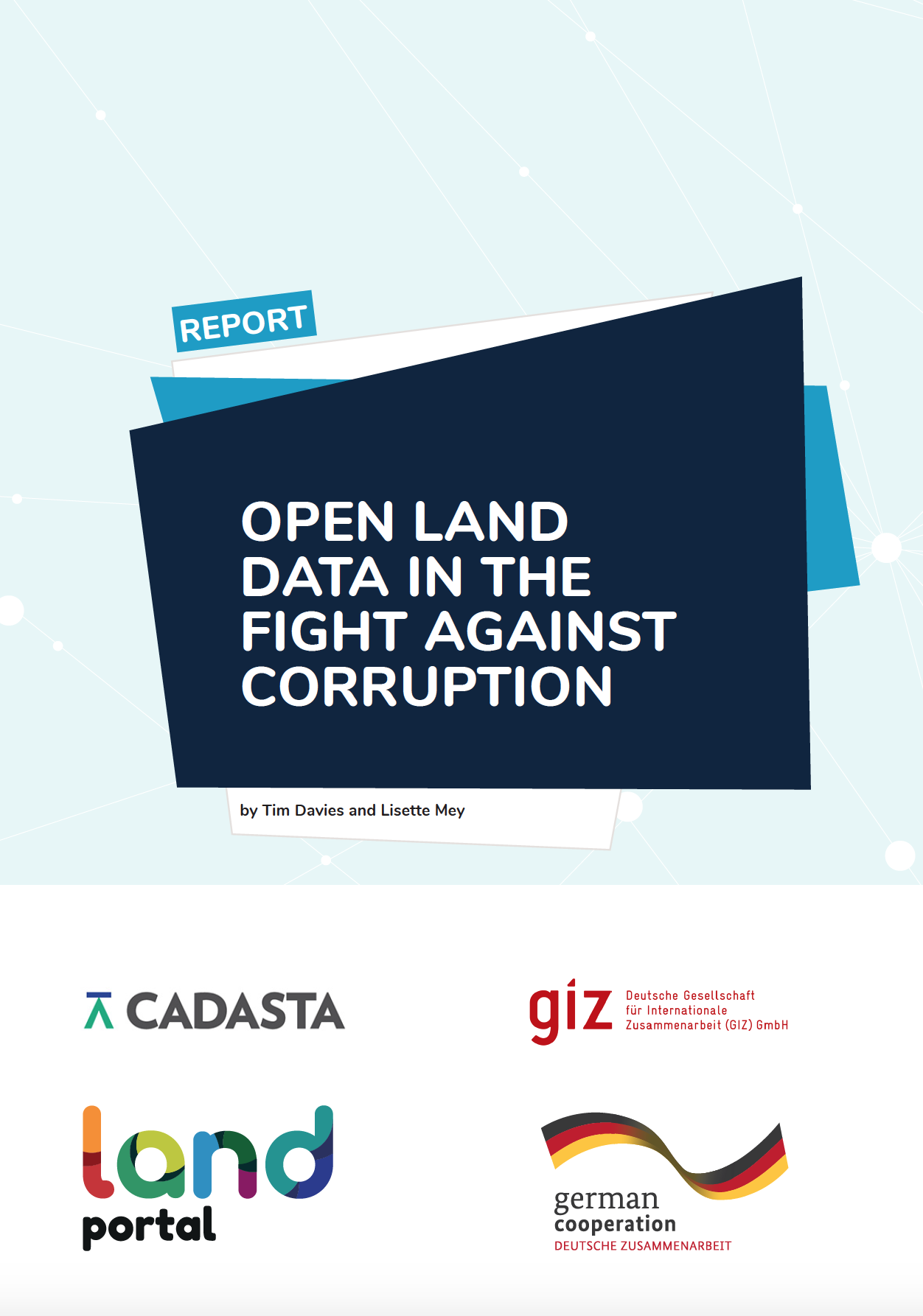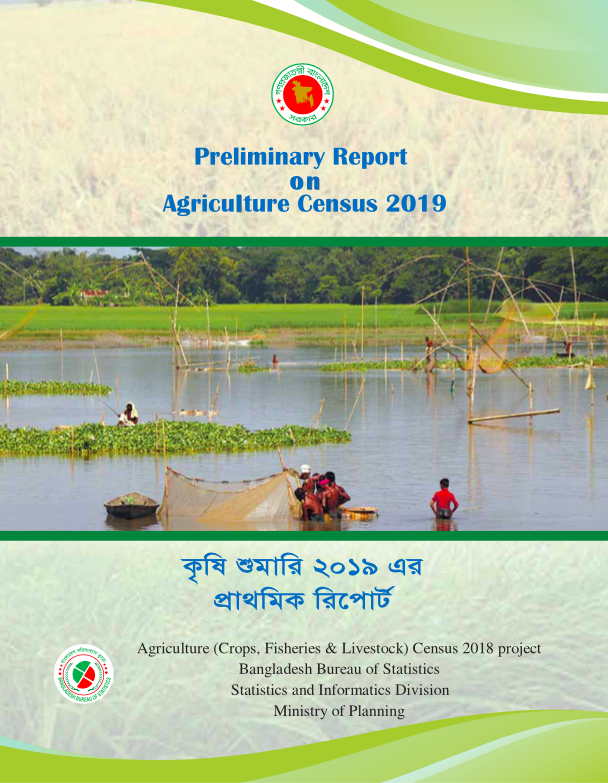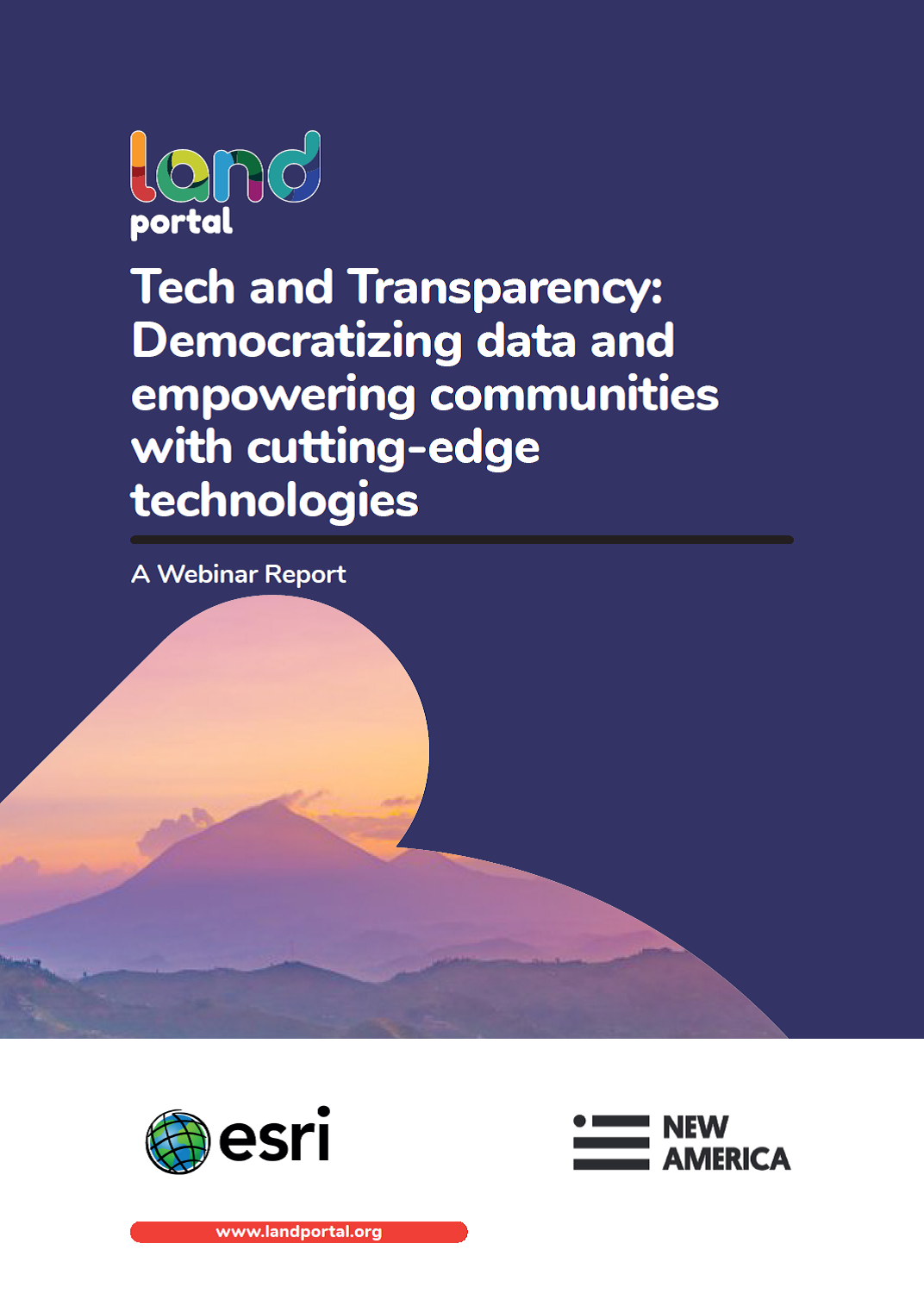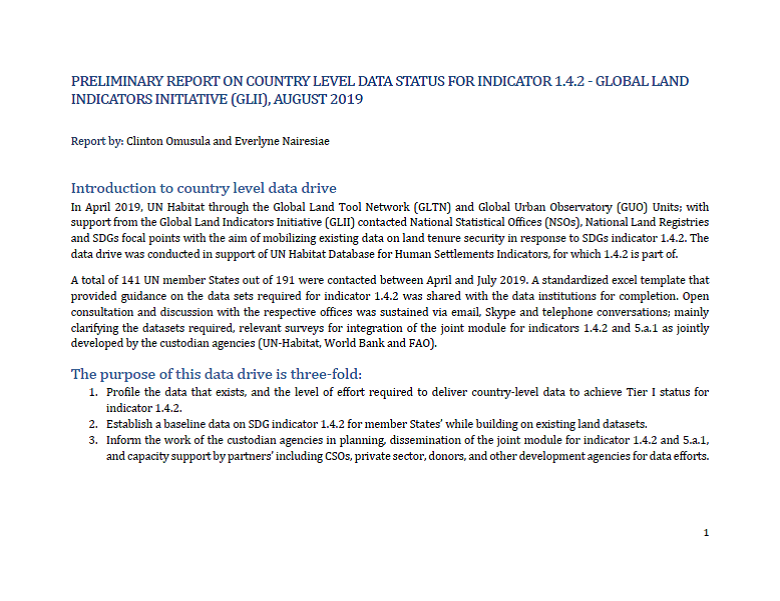Land Governance Lost in Translation - Exploring Semantic Technologies to Increase Discoverability of New Technologies & Data
Language and technology barriers are a very serious constraint to effectively exchange and learn from land data, information and technologies across the globe. We would like to explore whether we can gain inspiration from how semantic web technologies have overcome knowledge-sharing challenges in other sectors, such as the agriculture sector. With emerging technologies, new tools and ever-growing amounts of land data, we face a very real risk of losing the overview. Without this overview, data is much less likely to be used and thus be useful.


